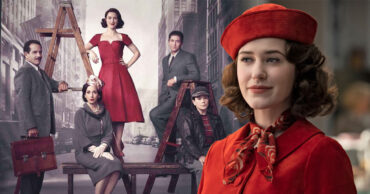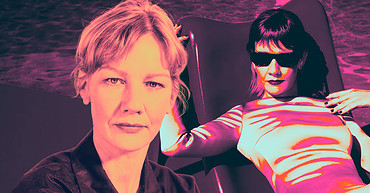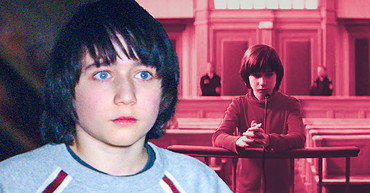Laurence Olivier was an English actor and director who enjoyed immense success in his career. He managed to transition from theatre to film to television in the course of his long career which spanned more than six decades between 1925 up until his death in 1989. These transitions came with a lot of success and with every medium, he was well recognized and awarded for his work.
The recognition of his skill and talent was not limited to just the film industry. Olivier was also recognized by the British Monarchy and was awarded a Knighthood. At the time of his career, he was one of three men that dominated the English Theatre scene and while this came with its own praise, it also had its downsides.
Laurence Olivier Was The Son Of A Reverend
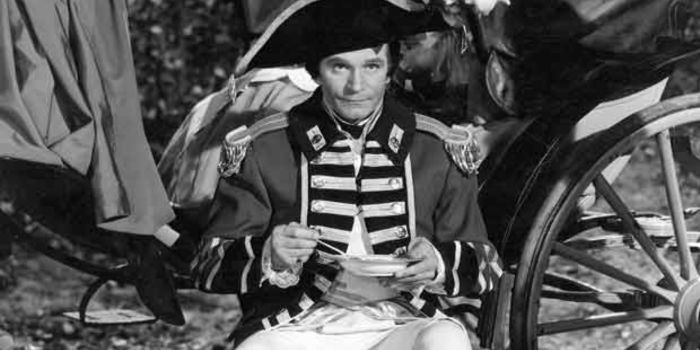
Laurence Kerr Oliver was born in 1907 on the 22nd of May. His parents Agnes Crookenden and Reverend Gerard Kerr had three children of which he was the youngest. Growing up, Olivier had a better relationship with his mother, but it was his father who steered him towards acting. By the time he was 10, he already showed great skill as an actor and his family encouraged him to tow that path.
This encouragement was in the way his father insisted that he gain admission into the prestigious Central School of Speech Training and Dramatic Art. His charge was to not just gain admission but to also get a scholarship. Both of which he was successful at.
He Had a Very Successful Career
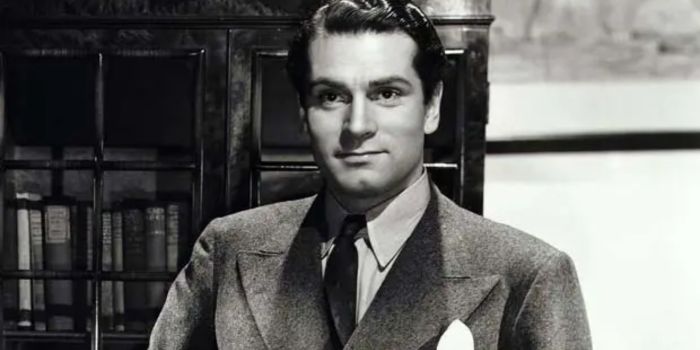
Laurence Olivier’s professional career kicked off right after he left the dramatic school and he initially started off with work in small theatre companies. This quickly changed as he took on a job at the Birmingham Repertory Company in 1926, where he honed his skills and became a much better stage actor. It was in 1939 that he started to get recognition from award bodies and his first Oscar nomination was for the adaptation of Wuthering Heights.
Shortly after he starred in three film adaptations of William Shakespeare’s plays Hamlet, Henry V and Richard III, which have come to define a large part of his career. His work in Hamlet made him the first non-American film to win the coveted Oscar for Best Picture. He continued to act in film adaptations of Shakespeare’s plays but the aforementioned are his most popular works from that canon. For most of his career, Laurence Olivier oscillated between working on stage and behind the camera, as not just an actor but also a producer and director. Recently there was some controversy about his work in the 1965 film, Othello, where he had performed the lead role of Othello in blackface.
With over 50 films to his name and twice the number of plays, Laurence Oliver’s acting legacy has lived longer than him and he will continue to be remembered as one of the greatest actors of not just his time but in the overall history of film. Some of his other notable works in film were Rebecca, Spartacus and Marathon Man. He has the same success in television winning up to five Emmys for his work on TV.
Laurence Olivier Had A Unique Acting Style
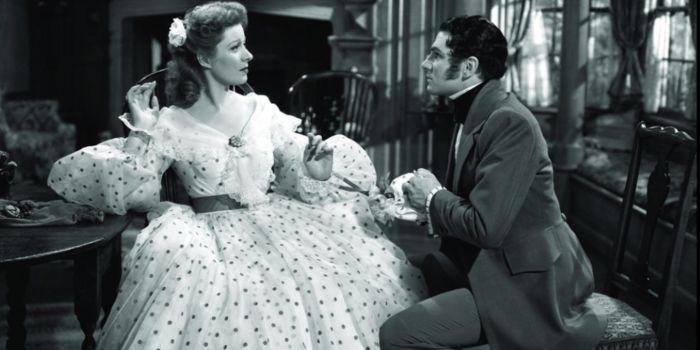
One of the key elements of Laurence Olivier’s acting was his insistence and reliance on make-up. For him, it was of utmost importance that each character he played looked different from who he was. He was also known for how much physicality he brought to his roles and he credited this to the actors he had looked up to when his career had initially begun.
Through his transformative use of make-up and his understanding of physicality, Laurence Olivier successfully created characters that were visually and emotionally distinct from himself. His dedication to these aspects of his craft not only showcased his commitment to his art. As well as his ability to immerse himself in the worlds of the characters he portrayed.
He Had A Strong Influence on The Acting Industry
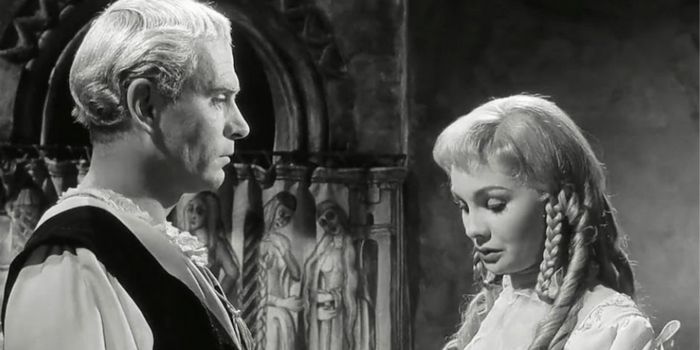
Laurence Olivier had a career that lasted more than sixty years. This gave him access to a range of talented actors from as far back as the 1930s to as recently as the 1980s. Working with a large number of actors meant that he had the chance to explain the art of acting, film making and directing to significantly younger actors at the time.
He is known for having an incident with Dustin Hoffman where he admonished Hoffman for his acting. Olivier has also been referred to as the actor’s actor. He remains a reference point for aspiring actors and this is mostly due to his influence in the industry.
He Was Married Three Times
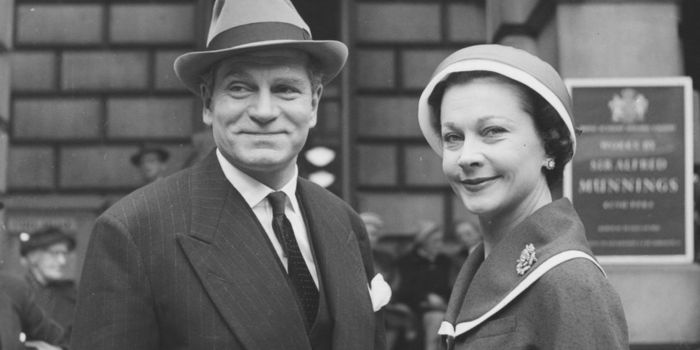
Laurence Olivier was not only busy when it came to acting, but he had a very active love life. Early in his career, he married Jill Esmond, who was also an actress. Their marriage which lasted 10 years was not a very happy one for the couple and both of them were unfaithful to each other. He had one child with her, Tarquin Olivier.
Olivier’s unfaithfulness was mostly with actress Vivien Leigh, who is known for her work in Gone in the Wind, a role that Olivier had recommended her for. They were married for 20 years and had a very tumultuous relationship, which was mostly due to Leigh’s poor mental health. They got divorced in 1960, this was a result of a mix of issues including Leigh’s unfaithfulness. During the course of their marriage, they worked together and collaborated on a number of plays and films.
Before his marriage to Vivien Leigh ended, he had started a relationship with another actress, Joan Plowwright. The two had a 22-year age gap but this did not hinder them from getting married. They remained married until Olivier’s death and had three children together, Richard, Tamsin Agnes Margaret and Julie-Kate.
Laurence Olivier Has An Award Named After Him
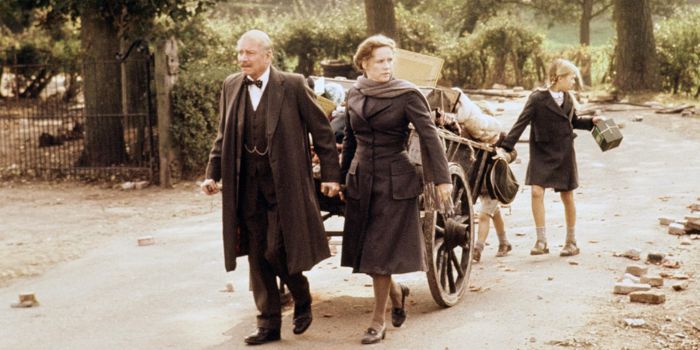
The scale of Laurence Olivier’s success as an actor cannot be quantified. He won over 30 awards for his work in acting as well as producing and directing. But the more significant marker of his success is the existence of the Laurence Olivier Awards which recognises work in English theatre. The awards started in 1976 and in 1984 Olivier gave his permission for the awards to be renamed after him.
 Follow Us
Follow Us


